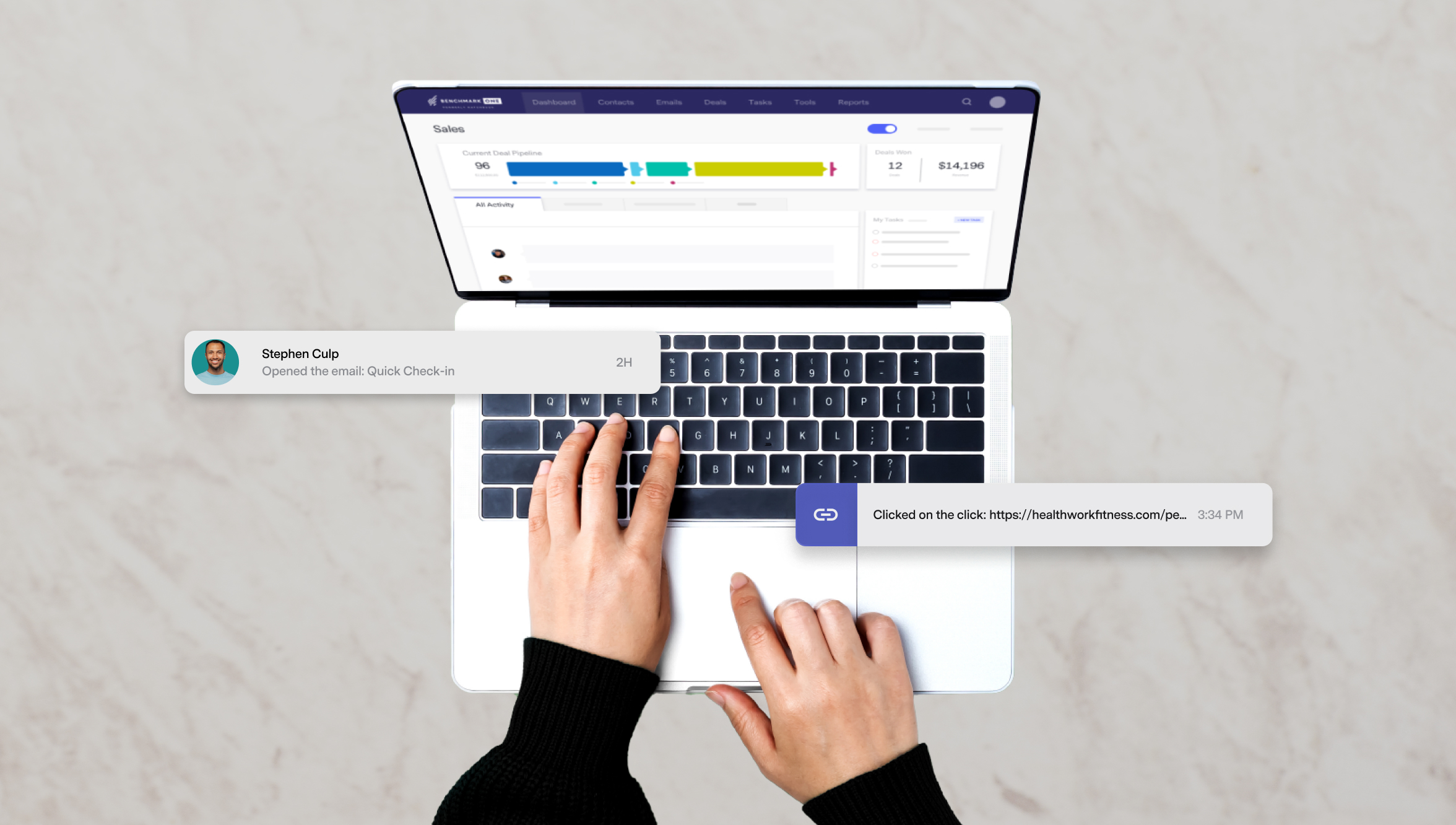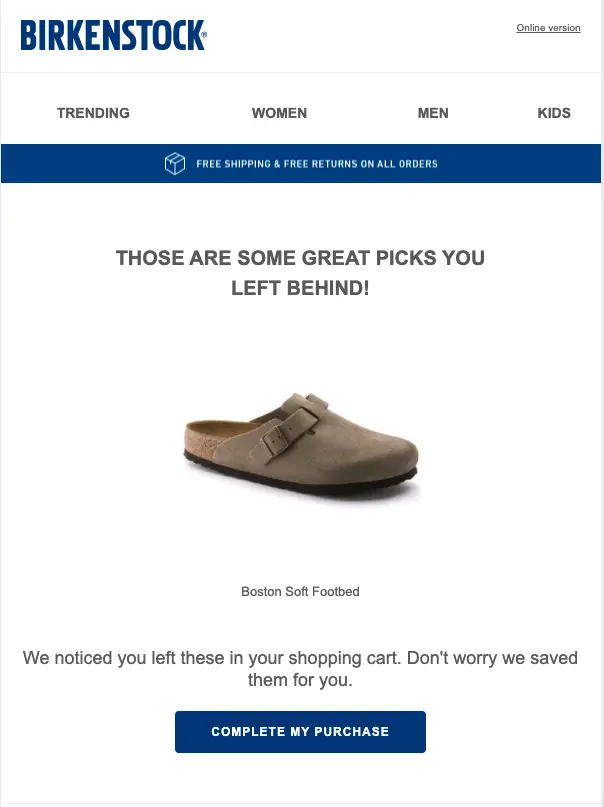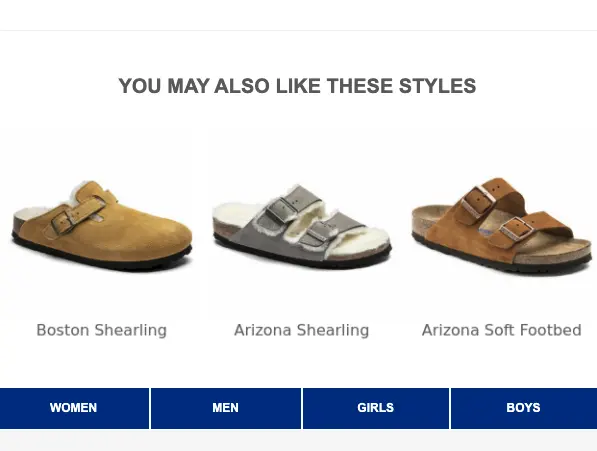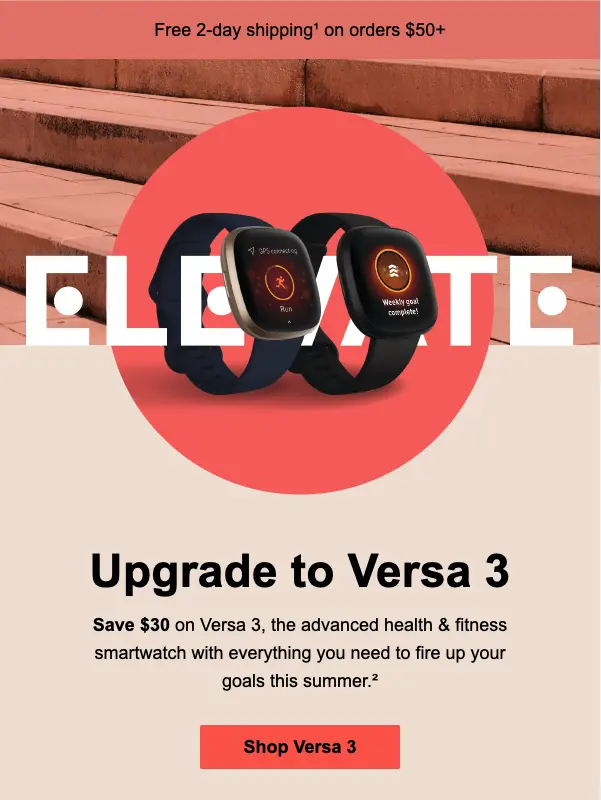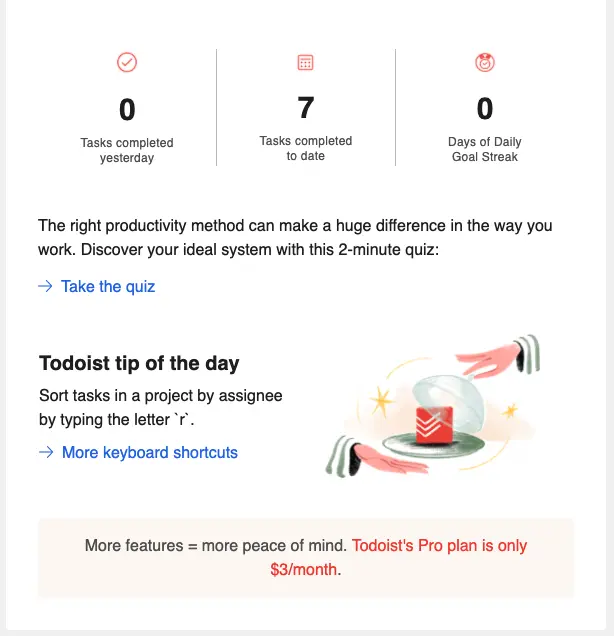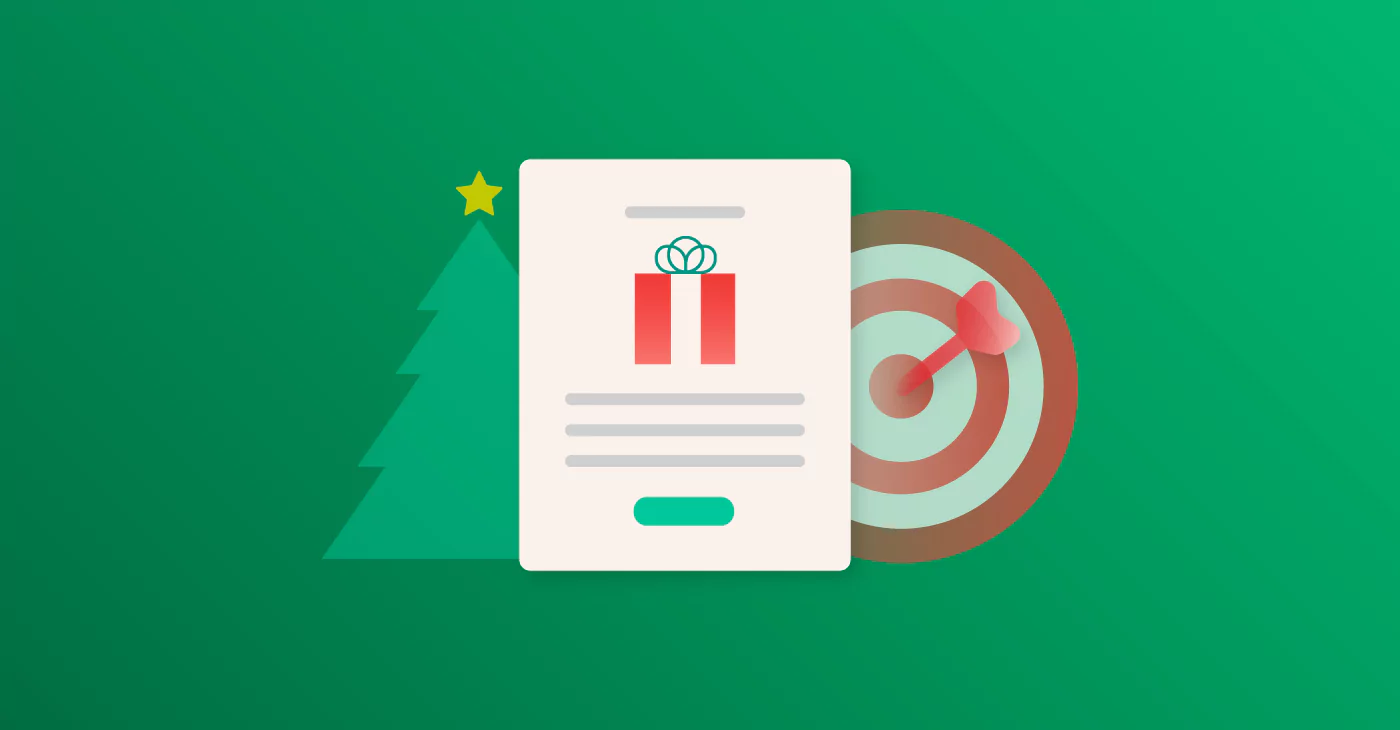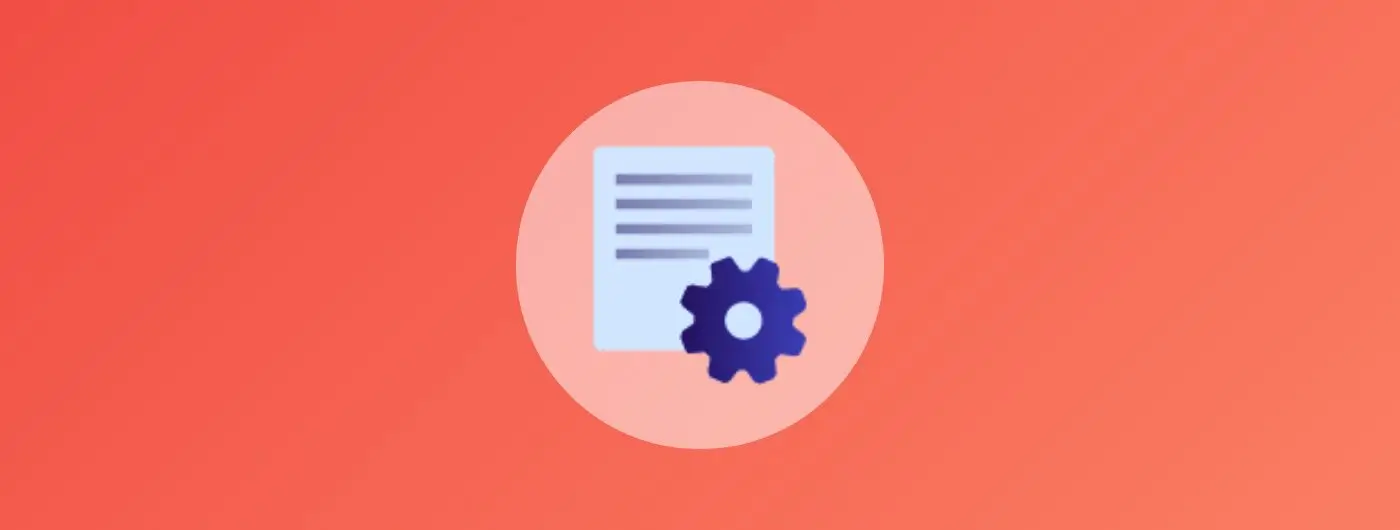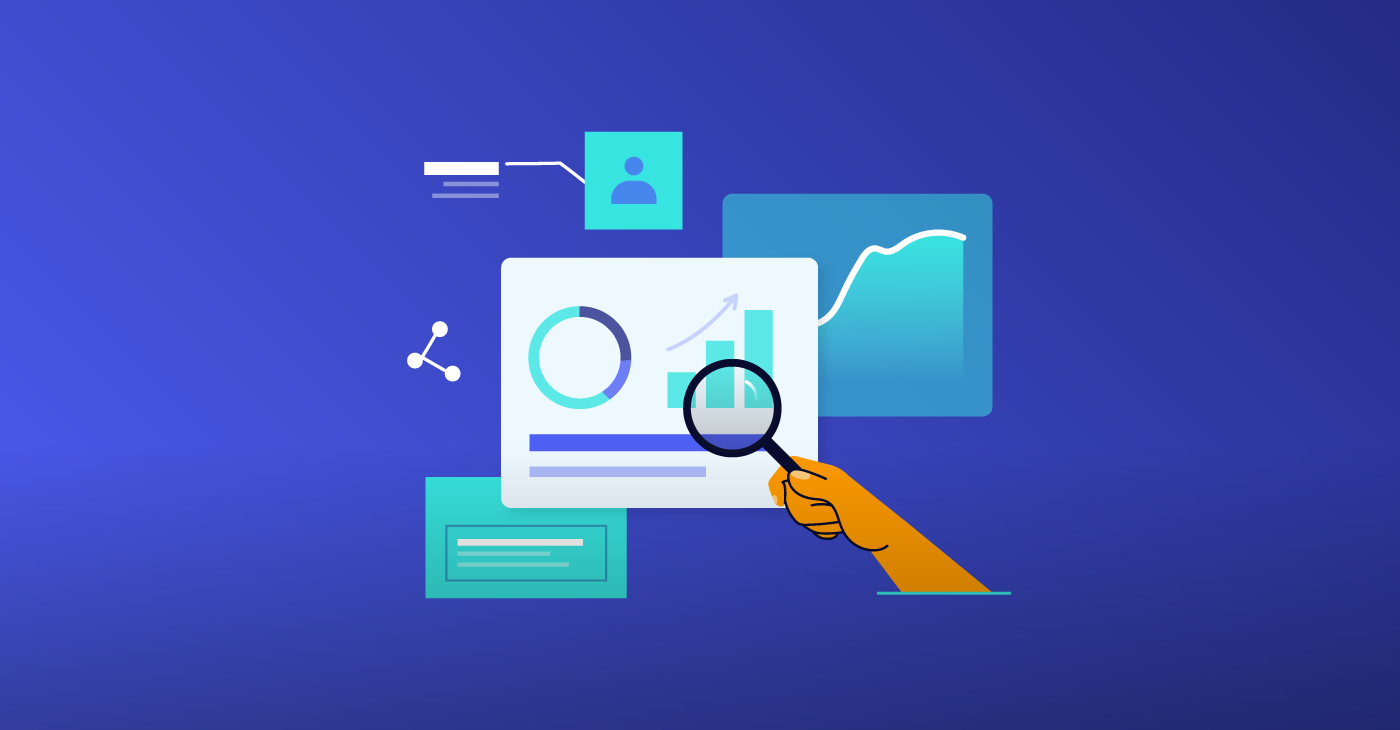
Everyone loves to get free cake on their birthday. That elated feeling of getting an unexpected gift is one of the best parts of celebrating.
Receiving upsell emails with a special offer is similar to getting a prize on your big day. Except you get a surprise from a brand that you love for being a loyal customer.
The key to closing on upsell emails is to know your customer well so you can make sure that whatever upgrade or add-on you’re about to offer them will truly serve their needs. This is easiest with existing customers who are already familiar with your business.
Targeting is crucial: the more you learn about your customer’s preferences, the better you can personalize your recommendations. Use tools like integrated CRM and marketing automation to store each individual’s customer order history, which enables you to better predict their potential future purchases or interests.
Each buyer’s journey will be unique to them based on past purchases or interactions they’ve had with your business, but the bottom line is that if you’re providing a quality service or product, the customer will want to stay with you long-term.
Just like discounts and promotions, hyper-personalized upsells can be a reward for your loyal customers, improving their experience with the products they already own and encouraging them to keep their business with you.
Why Upsell Emails Are Good for Business
Upsell emails build on the existing relationship you have with your customers and the stronger that relationship is, the more likely your upsell will succeed. That’s why it’s best to start your upsell strategy with your repeat customers. They’ve already bought into your service, they know what you offer, and they may be more interested in upgrading.
Keeping customers’ eyes on what they might buy next also improves retention, which increases your ROI—it’s less expensive to retain a relationship with an ongoing customer than it is to bring in new customers.
How to Know When to Recommend an Upsell
This is where website tracking and customer data will be key. Does your customer consistently browse your site and purchase non-essential items while they’re bored at their 9-5 job? Do they add things to their cart, then leave them there for days while they decide whether or not to complete the transaction?
These indications of passive interest show that a customer is ripe for a promotional email. Whether you prompt them with an abandoned cart reminder or let them know about a new product they might be interested in, it’s a good time to nudge them. Abandoned shopping carts are also a wealth of information about customer interests, so use that data to find similar products for when you make your upsell recommendations.
After a purchase, send an order confirmation email that includes add-ons or accessories for the product the customer has just purchased. They’ve already invested in your business, and this is a good opportunity to improve their experience with the product they’ve bought. Even if they don’t jump to make another purchase right away, the add-ons will be on their mind next time they browse your store.
Remember to educate your customer on the product or service they’ve purchased by sharing links to blogs or articles from your site. Articles and customer testimonials can convert an uncertain customer into a sale, and they can also take a single sale and turn that into a repeat customer.
Téa Liarokapi from Moosend recommends capitalizing on your customers’ “aha!” moment. “Customers who can see the return of their investment on your product and how it helps them grow will be more open to switching to a more advanced version down the line.”
Examples of Emails to Send That Promote Upsells
Birkenstock
This automated upsell email from Birkenstock is a great example of how to remind a customer about a product they were considering purchasing.
In addition to the reminder, the email contains an upsell linking to shoes in a similar style to the one the customer put in their cart. If the customer wasn’t sure anymore about the shoe they’d originally considered buying, this might convince them to try a different (but similar) shoe.
Although this is an automated email, it makes the customer feel like Birkenstock is watching out for them, tailoring their offerings to the customer’s needs, as a sales associate would do in person.
Fitbit
Fitbit provides not one but two opportunities for an upsell in the below email sent to an existing customer who bought the original Fitbit Versa. This is a perfect example of the importance of segmenting your email list so you can target people appropriately.
The first upsell is at the top of the email. They offer free 2-day shipping on orders of $50 and more, which creates an incentive and urgency for the customer because normally, shipping fees can reach $10 or more. The second upsell in the email is a promotion offering $30 off their newest product — the Fitbit Versa 3.
Segmenting is a practice Moosend swears by and one they recommend to others as well. Liarokapi states that “Tracking your users and segmenting them into groups of people who have viewed a product, purchased it, or added it to their cart is essential. These lists can be goldmines when it comes to hyper-personalized content, as different automation sequences with different types of content can be set. Not only that but tracking and segmentation can give marketers an idea of what they can upsell and what the most lucrative offer would be for each case.”
Todoist
Todoist sent out the below promotion to a user with a free account on their site, updating them on their progress in the project management app.
The bulk of the email serves the customer with the update and an article with tips on using Todoist’s service. Below that, however, there’s a subtle upsell that says, “More features = more peace of mind. Todoist’s Pro plan is only $3/month.”
Todoist doesn’t put this at the top of the email because they want the user to take in the free information first and see the value in the service that Todoist provides. Then they pitch the upsell as a smart investment because it provides even more features than the free account.
Don’t overwhelm your customer with too many options or too many emails. Be specific and share only a few helpful recommendations—you want to make sure you don’t add extra steps on the customer’s journey to the purchase button.
A good upsell makes the process seamless for the customer and offers additions that will truly add value to their investment, so it doesn’t feel like an upsell. Instead, it feels like a smart personal or financial investment to them because it will benefit their own personal development or help them manage their business.
If you go to a restaurant and order a burger, you’re probably going to want fries with that. It’s human nature. Even fast-food restaurants now offer reward programs for repeat customers. It’s the same as when a customer returns to your website repeatedly to purchase new items — it only makes sense to offer them more services that can enhance their experience.


